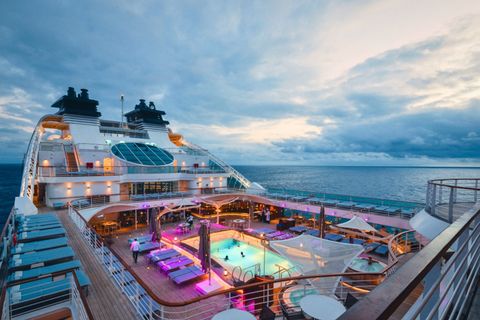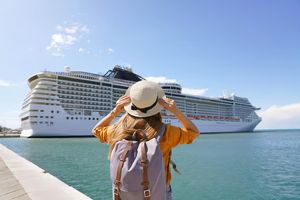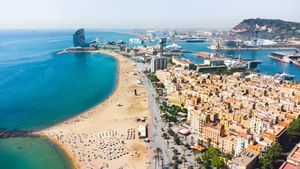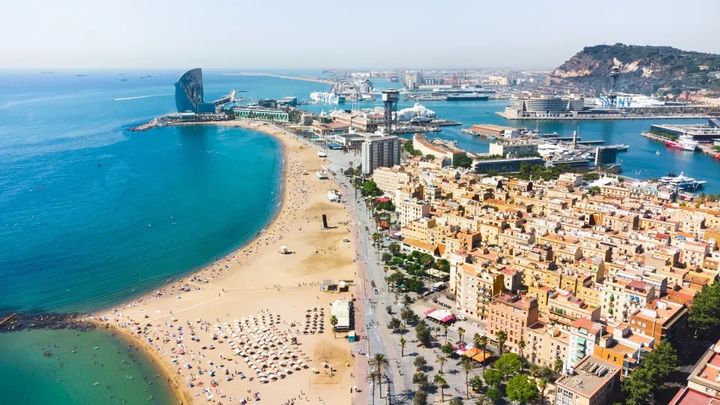
Unveiling Spain's Luxurious Escapes: Your Guide to Opulence
Spain has long been recognized as one of the most attractive places in Europe, which attracts millions of visitors each year with a mix of history, culture and natural beauty. Spain also represents a mounting center for luxurious trips, in addition to its stirred cities and arenas to be celebrated. From the lonely Mediterranean villas to elegant Mountain Retreat, the term "luxurious escape" is present to provide focused experiences on specificity, comfort and cultural prosperity.
This focus on the high-end journey is not new, but it has expanded in recent years because several travelers seek destinations, authenticity and destinations connecting premium features. Geography of Spain from Sun Coast to the quiet rural areas creates an ideal place for luxury-centric tourism.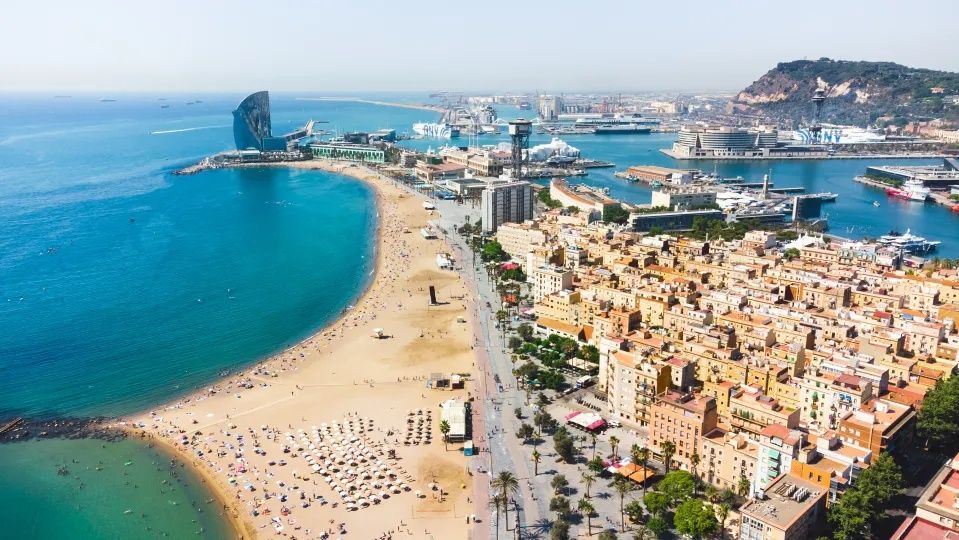
Importance
Luxury survives in Spain's case today when highlighting the expectations of global travelers. Modern tourism is no longer about the journey to sightseeing; it is about experiences that combine culture, relaxation and stability.
Important causes in Spain's luxurious migration are:
-
Economic impact: Luxury visits contribute significantly to Spain's tourism industry, which is responsible for more than 12% of GDP.
-
Cultural protection: Many luxury experiences integrate Spanish traditions, arts and gastronomy, which help to maintain cultural monuments.
-
Traveling diversity: The luxury flight attracts international visitors in search of well-being, environmentally conscious migration or hereditary environment.
-
Stability goals: High End Tourism quickly matches environmentally friendly initiative, supports green architecture, use of renewable energy and local purchases.
For travelers, Spain's luxurious escape addresses the desire for comfort and uniqueness, and maintains cultural authenticity. For local communities, they create development opportunities that emphasize responsible tourism practices.
Recent Updates
Luxury tourism in Spain has seen remarkable development in 2024–2025, showing global trends in travel preferences:
-
Increasing sustainable luxury (2024): ECO certified resorts and rural assets are increasing in popularity, and integrates many renewable energy systems.
-
Wellness-focused escape (2025): Attention, spa treatment and nutrition-centered programs have extended retreat, especially in Andalusia and Balleric Islands.
-
Digital personalization (2024): AI-controlled travel planning tools are used to design Bispok Luxury Journey programs to fit individual preferences.
-
Increased attention to inland Spain (2025): Beyond the breadth, areas such as La Rioza and Castilla Y Leon have been recognized for luxurious liquor tourism and rural areas.
-
Global recognition (2025): Spain was highlighted in several global travel reports, which is one of the best places for luxurious migration due to a mixture of culture, gastronomy and climate.
Passengers now combine traditional Spanish highlights such as Barcelona and Sevile-cum-colored luxurious retreat, forming a balance between reputable and hidden places.
Laws or Policies
Spain's luxurious escape is influenced by a combination of national and European Union rules to promote safety, stability and quality.
-
Travel quality standards: Spain UNE follows the standard, which outlines quality requirements for tourist housing.
-
Environmental regulations: The Spanish government implements strict building code and renewable energy mandate for resorts and hotels to match the green agreement in the EU.
-
Stability certificate: Establishment can receive certificates such as ISO 14001 for environmental management or biospheric certification for permanent tourism.
-
Cultural heritage protection: Properties located in historical regions are subject to conservation laws, ensuring luxury development to respect Spain's architectural and cultural heritage.
-
Data and consumer protection: The EU's Brede GDPR rules are used, ensuring that the user of digital privatization in luxurious journey respects privacy.
These guidelines help ensure that luxury survives, and provides high quality passenger experiences, preserving natural and cultural resources, works responsibly.
Tools and Resources
Passengers and researchers who discover Spain's luxurious migration can benefit from many digital and educational resources:
-
Spain.info: The official Spanish tourism website provides information on the site's destinations, cultural highlights and luxury experiences.
-
UNESCO's cultural heritage database: Useful for finding cultural sites near luxury homes.
-
Google Travel Planner: A tool to compare and organize the travel program in luxurious destinations in Spain.
-
Tripit and Rotippers: Apps that help design wide travel plans including luxurious retreat and cultural trips.
-
Sustainability certification platform: Websites such as Global Sustainable Tourism Council (GSTC) provide information on environmentally friendly luxury homes.
-
Wine tourism guide: Regional platforms, especially from La Rioza, provide resources for luxury wine and gastronomic-centered escape.
These resources help passengers coordinate preferences—with large alternatives available in cultural, environmentally friendly or well-being-based-Spanish.
FAQs
What makes Spain a leading destination for luxury escapes?
Spain combines natural beauty, cultural heritage, world-class gastronomy and diverse scenarios. These elements, when integrated into premium retreat, balance the comfort and authenticity.
Which regions in Spain are best known for luxury travel?
Balaric Islands, Costa del Sol, Barcelona, Madrid, Andalusia and wine areas are among the La Riozaa top areas. Each offers different forms of luxury—from coastal villas to the countryside.
How is sustainability shaping Spain’s luxury escapes?
Many resorts and retreat use environmentally friendly practices such as the use of renewable energy, green building design and organic gastronomy. Spain also matches luxurious tourism with the EU stability goals.
Are luxury escapes in Spain only coastal?
No, while the coastal destinations are popular, there are also advanced experiences focused on alcohol, gastronomy and inheritance in rural areas in inland regions such as Castilla-La Manch, La Rioza and Catalonia.
Is wellness tourism part of Spain’s luxury escapes?
Yes. Velvære fokusert på meditasjon, yoga, spa-terapi og det overordnede programmet er en økende del av luksuriøse reiser Prasad i Spania, spesielt på Andalusia og øyer.
Conclusion
Spain's Magnificent Migration Reflects The Ability to Merge The Country's Cultural Heritage With A Modern Sophistication. They highlight the developed definition of travel, where specificity is not just about comfort, but also about authenticity, stability and personal welfare.
Recently, with increasing innovations such as AI-operated individualization, eco-based housing and welding tourism, Spain continues to redefine what luxurious journeys in the modern world mean to redefine. Supported by policies protecting heritage and encouraging permanent practices, it ensures that both passengers and local communities benefit.


